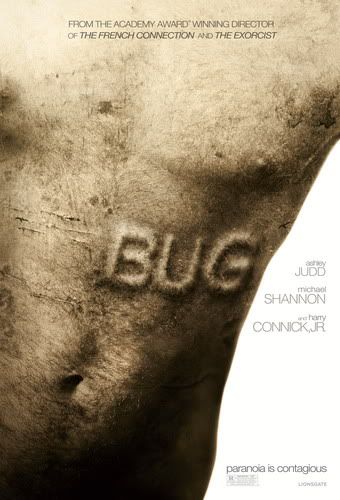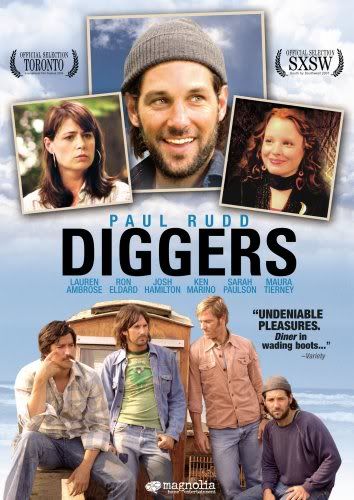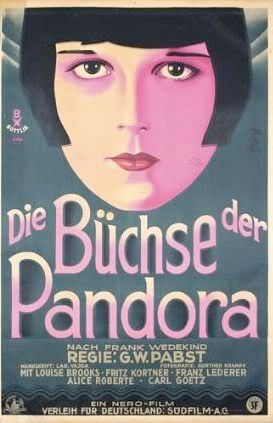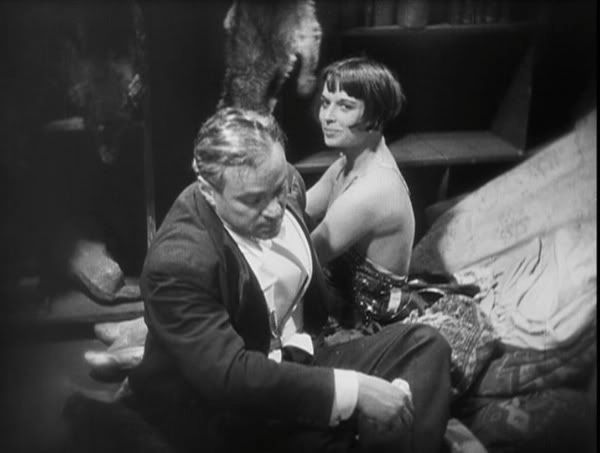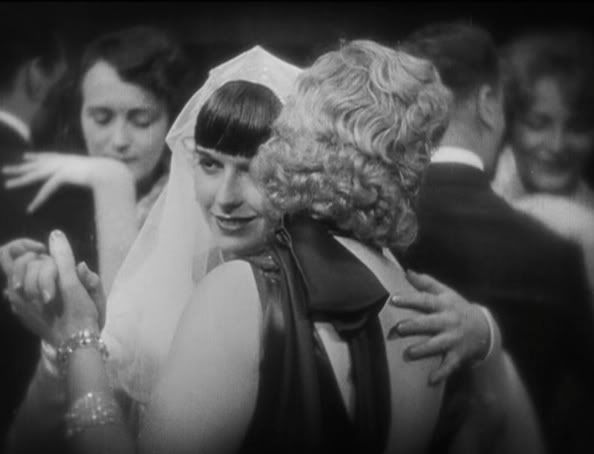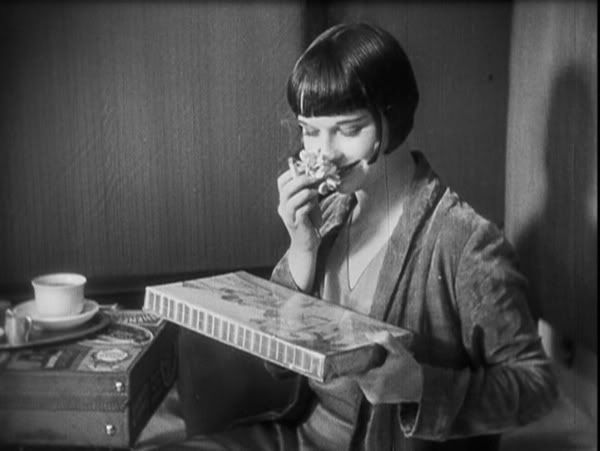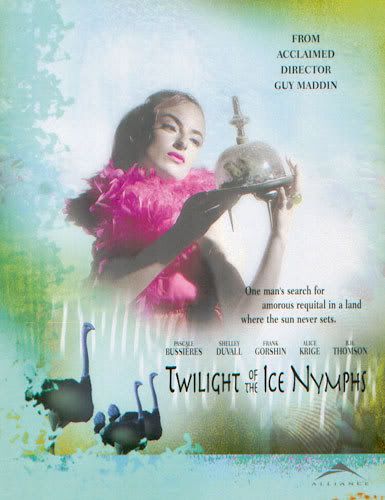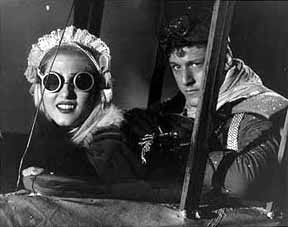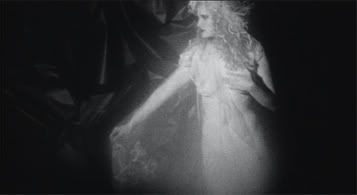Paris, je t'aime (Various, 2006)
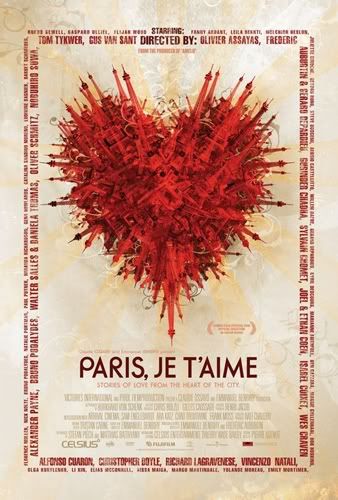 I decided that on a beautiful early summer afternoon, I would rather see sixteen (I think) short films about Paris than one film (no matter how good) about an elderly Alzheimer's patient, and I think it was the right choice. For the day, at least. A "collaborative film" (why aren't there more of these?) between sixteen different directors, including some very familiar names (the Coen Brothers, Wes Craven, Alfonso Cuaron, Gus Van Sant), is an altogether joy to watch, although some of the films are rather hit-and-miss. Instead of talking about it as a whole, I'll just give some thoughts on the more remarkable ones (both good and bad): My favorite of all the films was a tie between Alfonso Cuaron's short but incredibly sweet Parc Monceau, a single shot composed of Nick Nolte and Ludivine Sagnier walking down the street, reunited at last, which comes to a clever (but not overly clever), heartwarming conclusion. My other favorite was Alexander Payne's 14 arrondissement, which almost broke my heart, in a wonderful way. It details an American postwoman visiting Paris, which she has been studying French for for over two years, and is reporting (via voiceover) back to the class about her trip. While some of the (very snobby) audience around me might have been laughing at Margo Martindale's character, I found her to be the most real, the most alive character in the entire film. This movie was worth seeing just for this film (although you can see it on youtube here), a little piece of Parisian paradise. Other noteworthy good films were cinematographer Christopher Doyle's (who works with Wong Kar-Wai) ode to Asians in Paris via a frenetic, wtf-inducing musical; Olivier Assayas', starring Maggie Gyllenhaal (whom I don't usually care for) as a drug-addicted American actress filming in Paris; and Wes Craven's against-type film, with a British couple visiting Oscar Wilde's grave. Not worth my time were Vincenzo Natali's half-serious, half-parody (but doesn't work in either genre) vampire short with Elijah Wood, and especially Sylvain Chomet's short, set at the Eiffel Tower. I thought I would be able to watch two hours of Parisian-centered film without encountering mimes. I was wrong. You've been warned. All in all, every single director in this movie portrayed his or her (although not enough women directed in this one) love for Paris in a very different way, with divergent results, but as a piece of film, it was a good way to spend a mostly fluffy two hours. I recommend it. 8/10 Labels: 2006, alexander payne, alfonso cuaron, christopher doyle, olivier assayas, wes craven |


